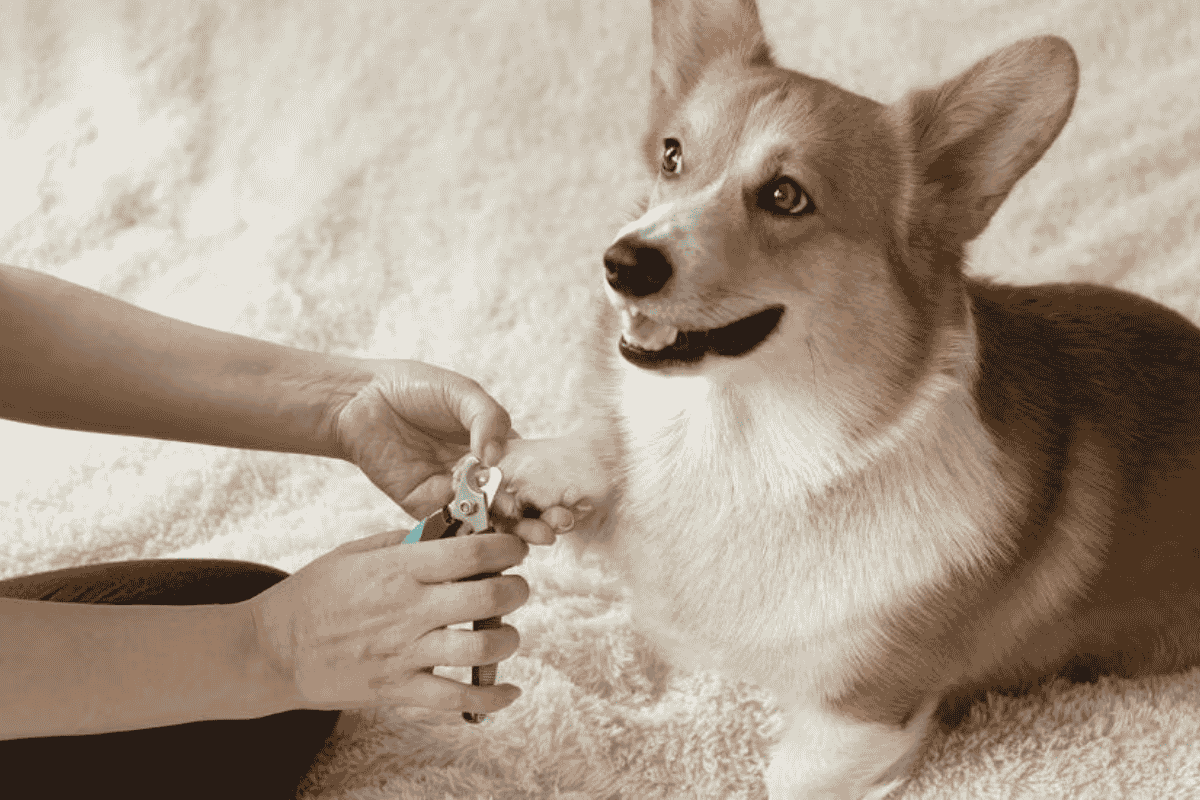Shaking in dogs can occur for many reasons—some harmless, some more serious. It may be voluntary or involuntary, affect just one body part or the entire body, and range from mild tremors to intense shaking. By learning to recognize the causes, pet parents can better understand their dog’s behavior and know when to seek veterinary care.
1. Fear and Anxiety
Shaking is a common response when dogs feel anxious or frightened. Triggers can include thunderstorms, fireworks, or unfamiliar people and animals. Stress-induced shaking usually stops once the stressor is gone.
2. Cold
Just like humans, dogs may shiver when cold. This is especially common in smaller breeds, thin-coated dogs, or those not accustomed to low temperatures.
3. Excitement
Not all shaking is bad. Some dogs tremble with joy when they see their favorite person, get the leash out, or anticipate a treat.
4. Itching
Localized shaking, such as head shaking, can signal itching from allergies, fleas, or infections. Persistent scratching or head shaking should be checked by a vet.
5. Water
Dogs instinctively shake off water after swimming or bathing. This is a natural and efficient way to dry their coat.
6. Pain
Tremors can be a sign of pain from arthritis, injuries, infections, dental disease, or other health problems. If shaking is accompanied by whining, limping, or appetite changes, consult a vet.
7. Aging
Older dogs may develop tremors associated with aging or neurological conditions, sometimes referred to as the “Senior Shake.”
8. Medication Side Effects
Certain medications can cause shaking as a side effect, depending on dosage, type of drug, and your dog’s health status. Always report unexpected reactions to your vet.
9. Medical Conditions
Some medical conditions that cause shaking include seizures, hypoglycemia, Addison’s disease, cerebellar disease, and shaker syndrome. Veterinary evaluation is essential when shaking has no clear cause.
10. Poisoning
Ingesting toxins like chocolate, xylitol, certain plants, or household chemicals can cause severe shaking, along with other symptoms such as vomiting or disorientation. This is a medical emergency requiring immediate veterinary care.
Should You Be Concerned?
Shaking due to excitement, stress release, or cold is usually harmless. However, if your dog’s shaking appears suddenly, is severe, or is accompanied by other symptoms such as pain, confusion, or weakness, seek veterinary care immediately.
FAQs
Why is my dog trembling and shaking?
Dogs can shake due to excitement, fear, anxiety, cold, itching, pain, aging, medication side effects, health conditions, or poisoning.
Why is my dog shaking and panting?
This combination may indicate pain, stress, or overheating. It can also signal medical conditions such as Cushing’s disease. If there’s no clear cause, see your veterinarian.
Why is my dog shaking while sleeping?
Most often, this is normal dream-related movement during REM sleep. Less commonly, it may be related to seizures. If shaking appears abnormal or excessive, consult a vet.
When should I take my dog to the vet for shaking?
Seek veterinary care if shaking is sudden, unexplained, severe, or paired with other concerning signs like lethargy, disorientation, vomiting, or unresponsiveness.
Are some breeds more prone to shaking?
Yes. Breeds like Chihuahuas, Bernese Mountain Dogs, and English Springer Spaniels are more predisposed to tremors or “shaker syndrome.”












